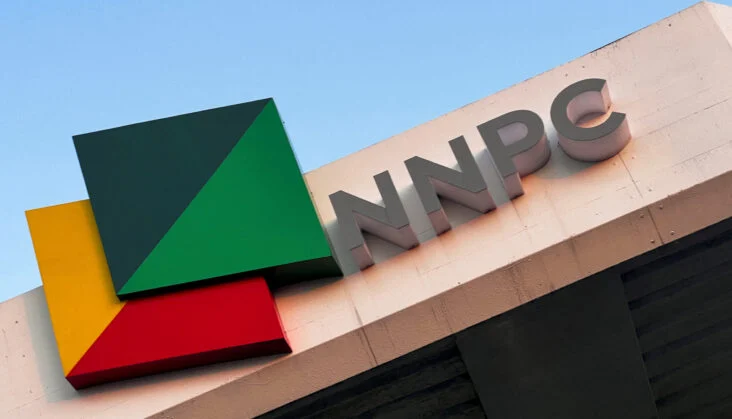The Nigeria Governors Forum (NGF) has asked President Muhammadu Buhari to extend the deadline for the swap of old naira notes.
The governors also demanded a review of the Central Bank of Nigeria’s (CBN) cashless policy.
The position of the governor is contained in a letter dated February 6, addressed to Buhari, and signed by Aminu Tambuwal, governor of Sokoto and chairman of the NGF.
In December 2022, the CBN directed deposit money banks and other financial institutions to ensure that over-the-counter cash withdrawals by individuals and corporate entities per week do not exceed N100,000 and N500,000, respectively.
However, following protests against the policy by Nigerians, the apex bank increased the maximum weekly limit for cash withdrawals across all channels by individuals and corporate organisations to N500,000 and N5 million respectively.
The CBN said the aim was to boost the cashless policy and reduce the amount of cash outside the banking system.
In the letter to Buhari, the NGF said while the policy is “intended to address the contradictions in our fiscal environment”, poor execution of it would “hurt the economy and have a disproportionate impact on the most vulnerable”.
The NGF explained that state-by-state analysis of the policy has shown that it would affect “several intra-state security arrangements which basically depend on cash transactions to ensure effective implementation”.
“Even though the identified constraints are to be found in almost every state in the country, they are particularly evident in states like Borno in the North East and Bayelsa in the south-south where one finds a pitiable number of banks located only in the State capital which would basically render the workability of the new policies impossible for now,” the letter reads.
“The speed of implementation of the policy is a recipe for anarchy in the country and we urge a re-think of the policy. Regarding the reviewed cash withdrawal limit, we have found from synthesizing experiences across the country that the informal sector in the States, particularly in the Northern and Niger Delta States almost wholly depends on cash transactions because of the nature of their trade.
“It is our view, Sir, that an immediate limitation in the use of cash without robust engagement with stakeholders as well as the provision of accessible alternatives will deny such people legitimate sources of livelihood.
“We fear that the cumulative effect of these unintended but very profound and probable consequences of these policies would be a rise in the number of unemployed and unengaged persons who will inevitably resort to crime to make ends meet. This has a dangerous implication for the security of the country and the potential to derail Mr President’s security agenda.”
NEW NAIRA NOTES
The CBN had fixed January 31 as the deadline for the old notes to serve as legal tender but later extended it by 10 days, with February 10 as the new date.
The governors asked the President to extend the timeframe for the implementation of the policy and direct the apex bank to make the new notes available within an “enlarged” period.
The NGF noted the “remarkably unavailability” of the new naira notes, and the fact that some banks were rejecting the old notes even though they were still legal tender.
“These have resulted in riots and protests from Nigerians who are clearly frustrated by this policy,” the governors said.
“In light of the above, we most respectfully pray Mr President to approve an expanded time frame for the implementation of the policy and direct the CBN to make the new notes available within the enlarged time frame.
“Direct a thorough assessment of the prevailing economic conditions related to the implementation of the currency change and cash withdrawal limit policies. Direct that States be involved in future discussions regarding the policies in order to have revised policies that would recognize and consider States’ peculiarities.
Consider and approve the putting in place of necessary infrastructure and facilities within a reasonable time frame to facilitate the implementation of the policy, including introducing incentives to encourage the use of digital payment solutions. This will help reduce the pressure on physical cash and promote financial inclusion, investing in infrastructure to expand access to financial services.
“Direct that a robust enlightenment campaign be mounted to create sufficient awareness in the citizens of the thrust of the policy. This will help people better understand the implications of the naira redesign and cash withdrawal limits and how to use digital payments platforms.”







